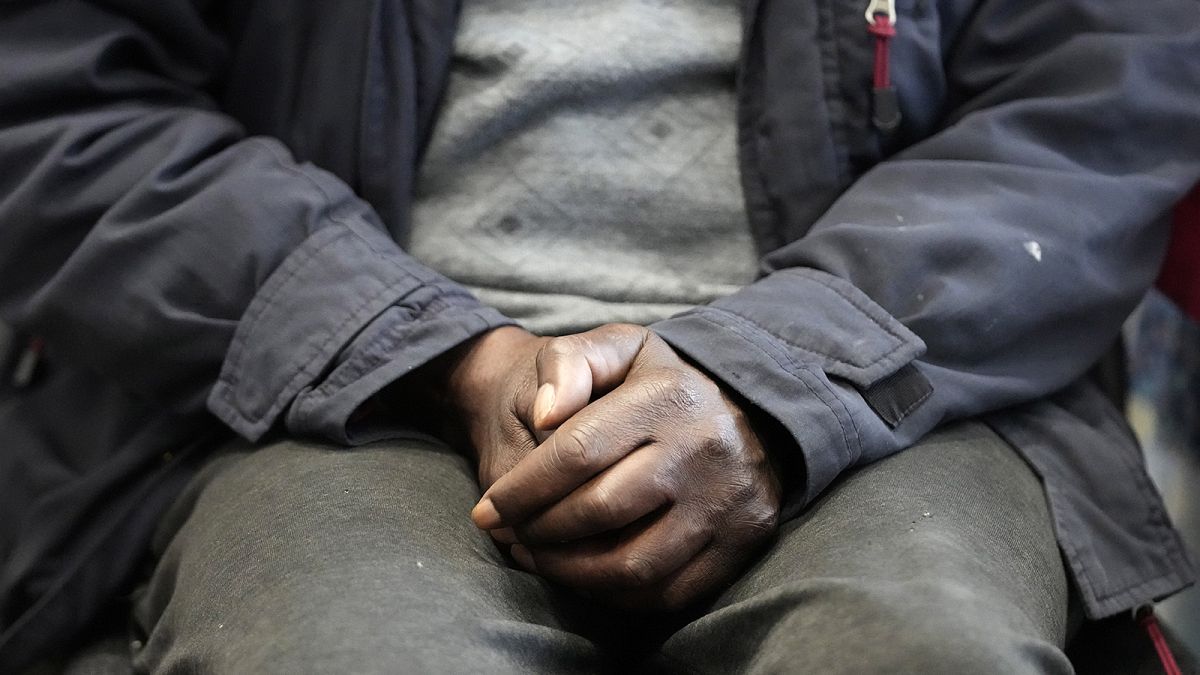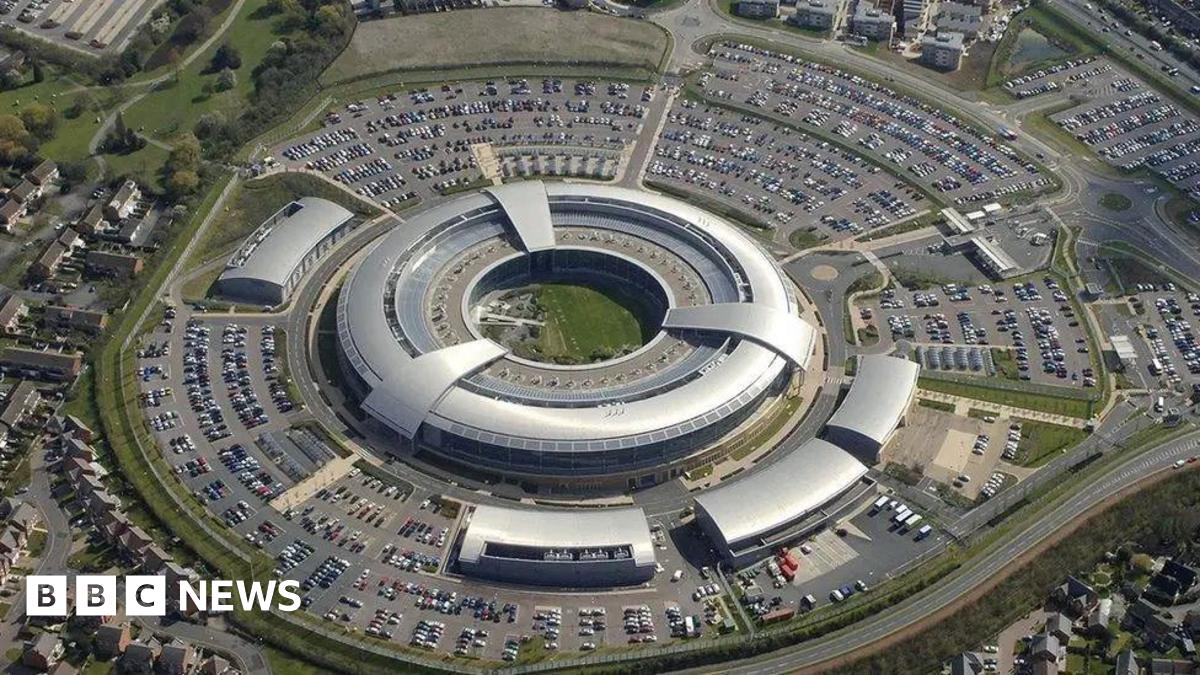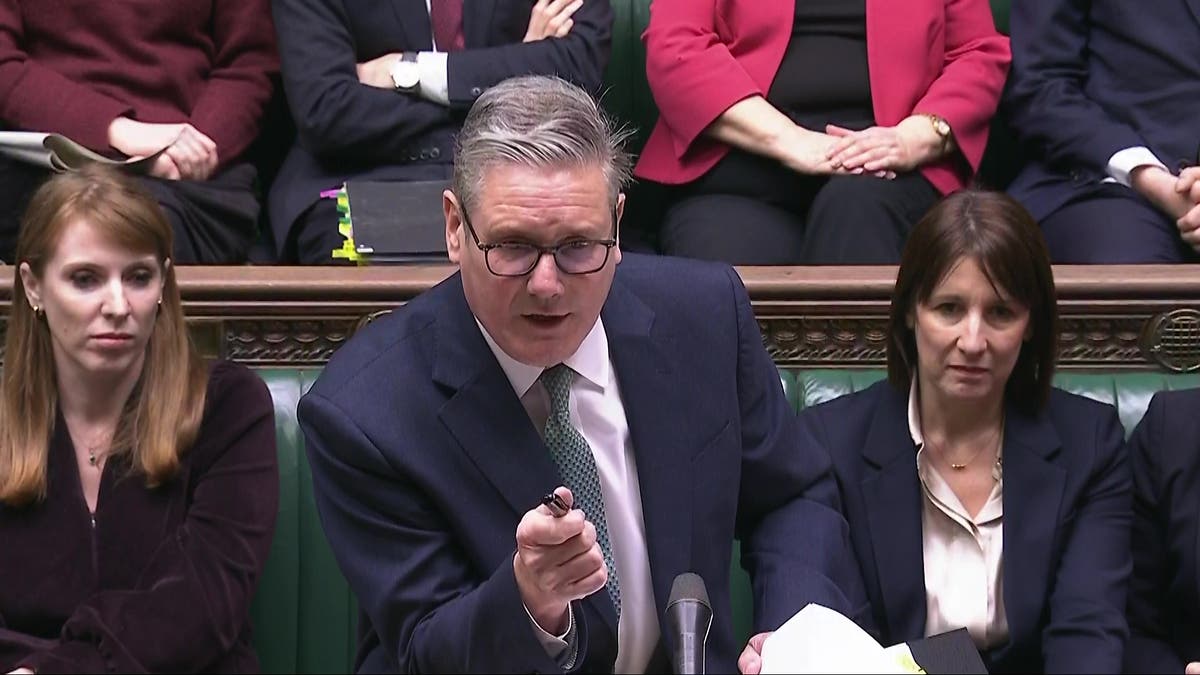World
UK housing crisis top issue for voters ahead of election

More than 300,000 people in the UK have no permanent housing on any given night, including those who are sleeping on the streets, living in cars, staying in hostels or temporarily seeking help from family and friends, recent research shows.
Rising rents and a shortage of affordable housing have pushed more people into homelessness in the UK amid the biggest decline in living standards since World War II.
With the housing crisis set to be one of the deciding issues of an upcoming parliamentary election, the homeless charity Crisis has recently been helping homeless people register to vote so they can have their voices heard.
Trevor, a homeless man who has been visiting the Crisis centre in Brent, said the last time he voted was for Brexit. He added he felt disillusioned and that the homeless and their struggles had been forgotten by politicians across the divide.
Nick Bradshaw, manager of Crisis’ centre, said over the last six months, they had seen a “40 to 50% increase in footfall of people” approaching them for support, “which is huge”.
He added that many more older people — “people in their 60s, 70s, and 80s” — in insecure accommodation situations were approaching them for help.
Cost of living crisis persists
Millions across the UK are still feeling the squeeze from high food, energy and housing prices.
The persistent cost-of-living crisis is a top concern for voters in the parliamentary election. They will choose lawmakers to fill all 650 seats in the House of Commons, and the leader of the party that can command a majority — either alone or in coalition — will become prime minister.
Although inflation has returned to near-normal levels after skyrocketing in recent years, energy bills and items on store shelves still cost more than they did before the pandemic, when they started their steep climb.
While wages are starting to rise, mortgages and rents have soared along with interest rates, taking large chunks out of many household incomes.
Polls continue to give the left-of-centre opposition Labour Party under Keir Starmer a double-digit lead over UK PM Rishi Sunak’s Conservatives, who have been in power for 14 years under five different prime ministers.
Labour promised to expand the economy after years of sluggish growth by establishing a new industrial policy, investing in infrastructure, cutting planning red tape, and building 1.5 million new homes.
The Conservatives focused on reducing immigration and lowering taxes, pledging £17 billion (€20bn) in tax cuts by 2030, to be paid for largely by slashing welfare costs.









